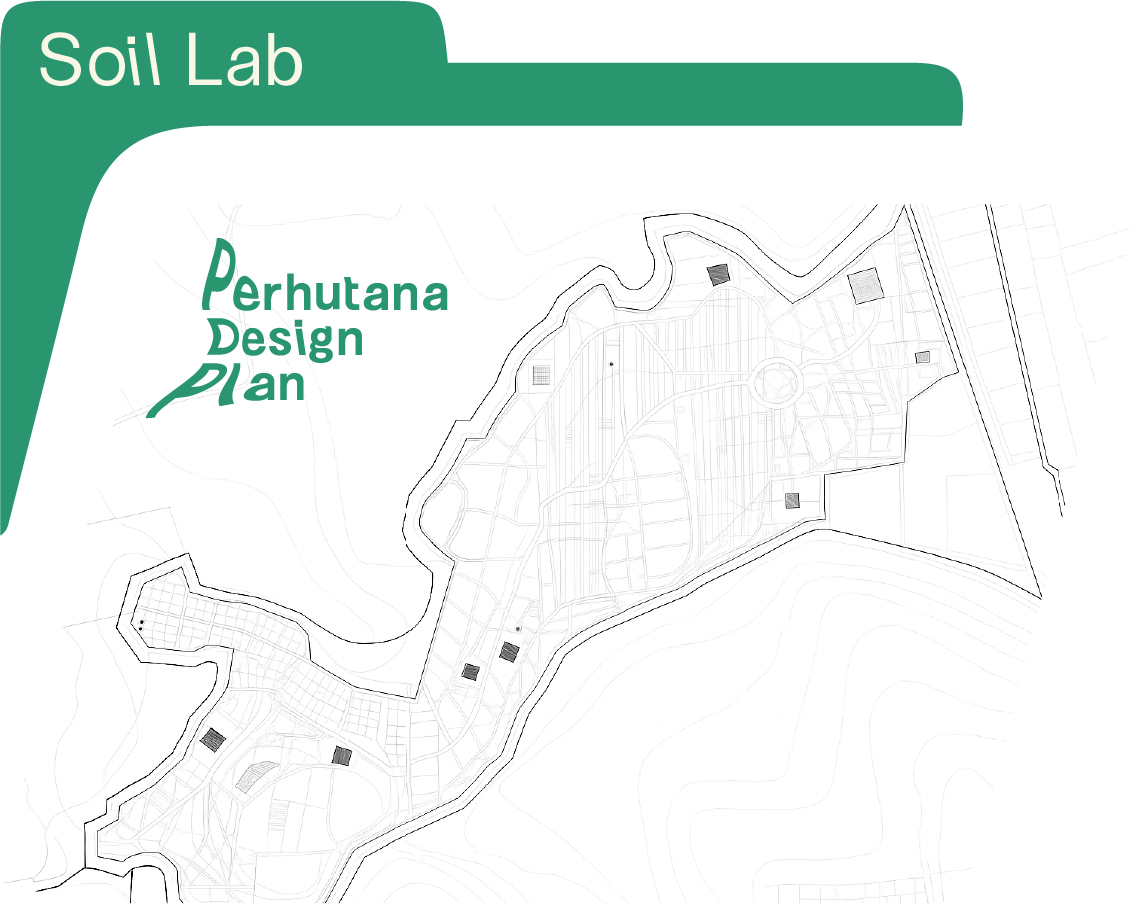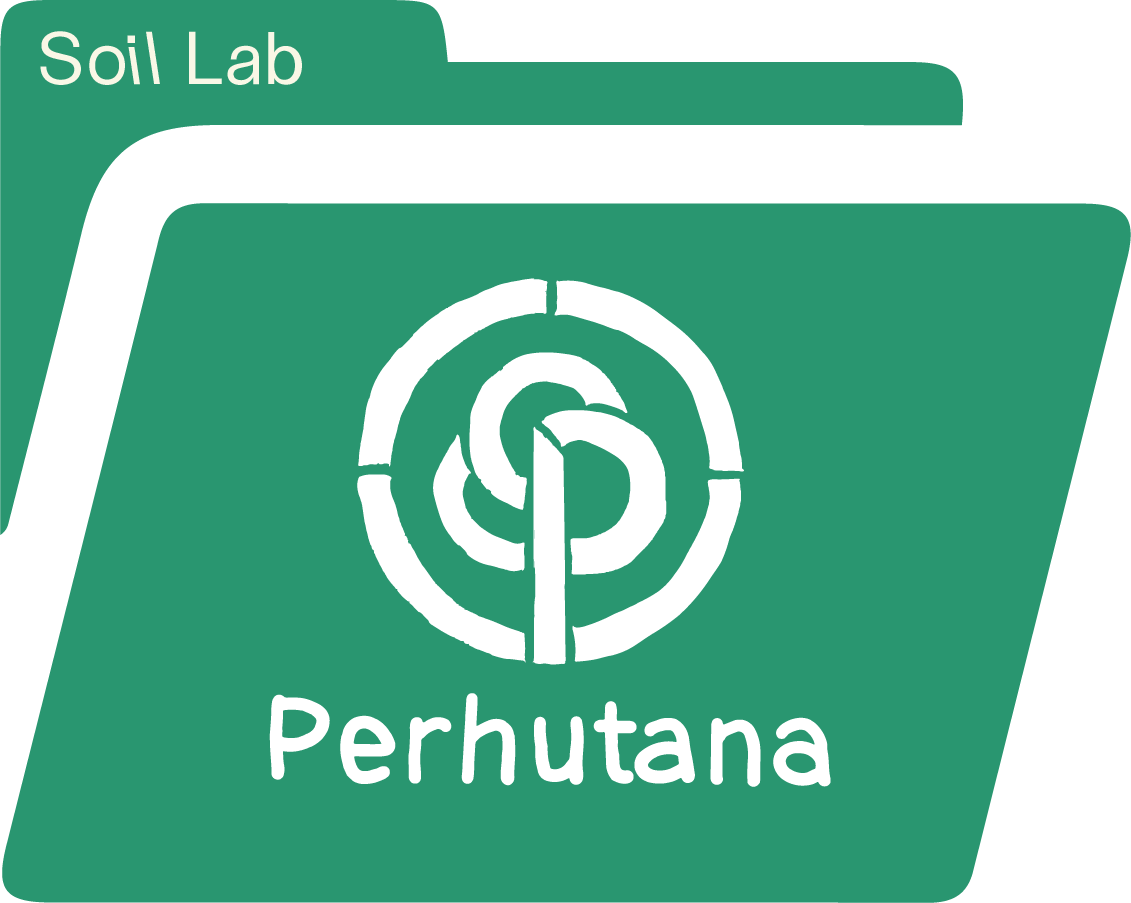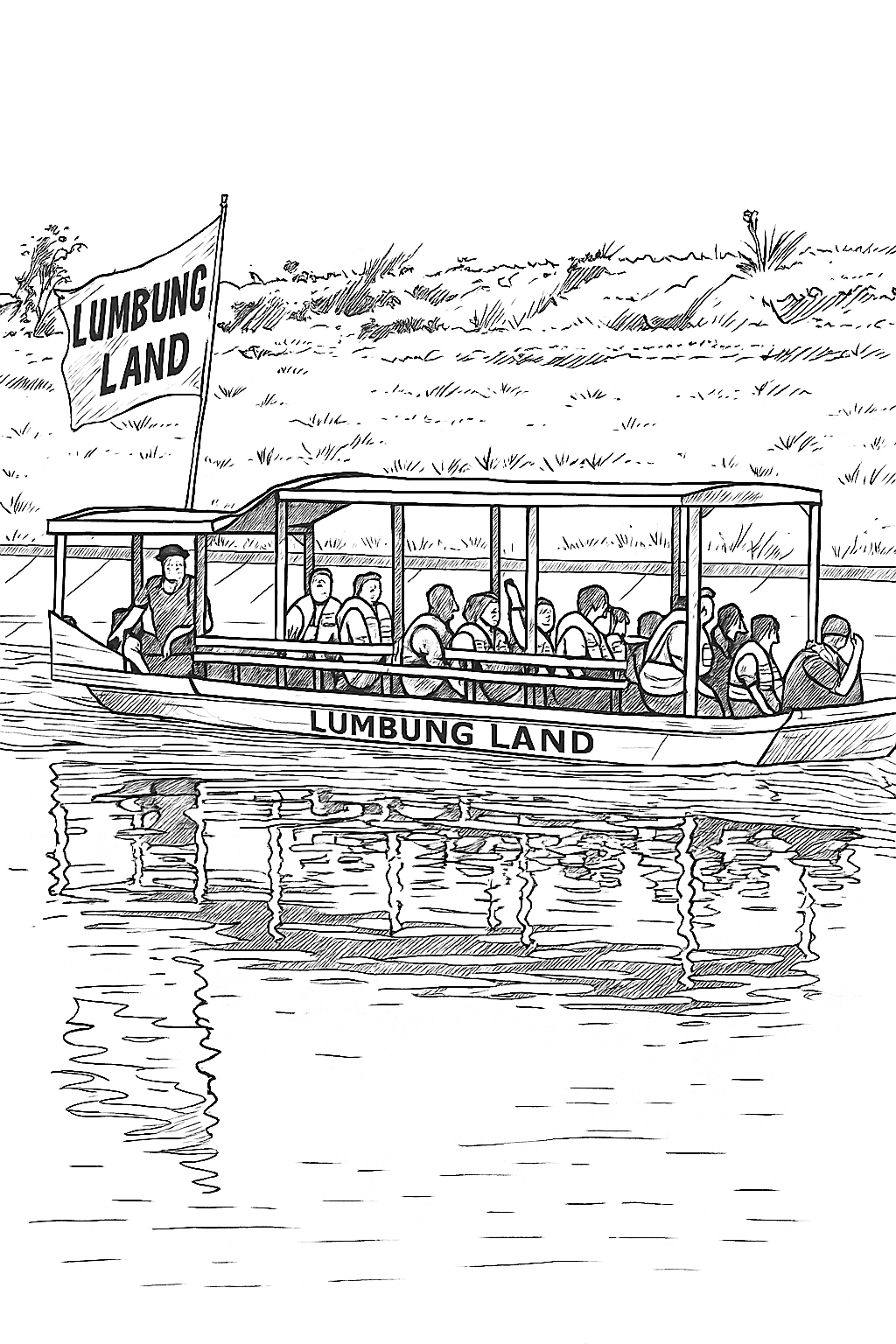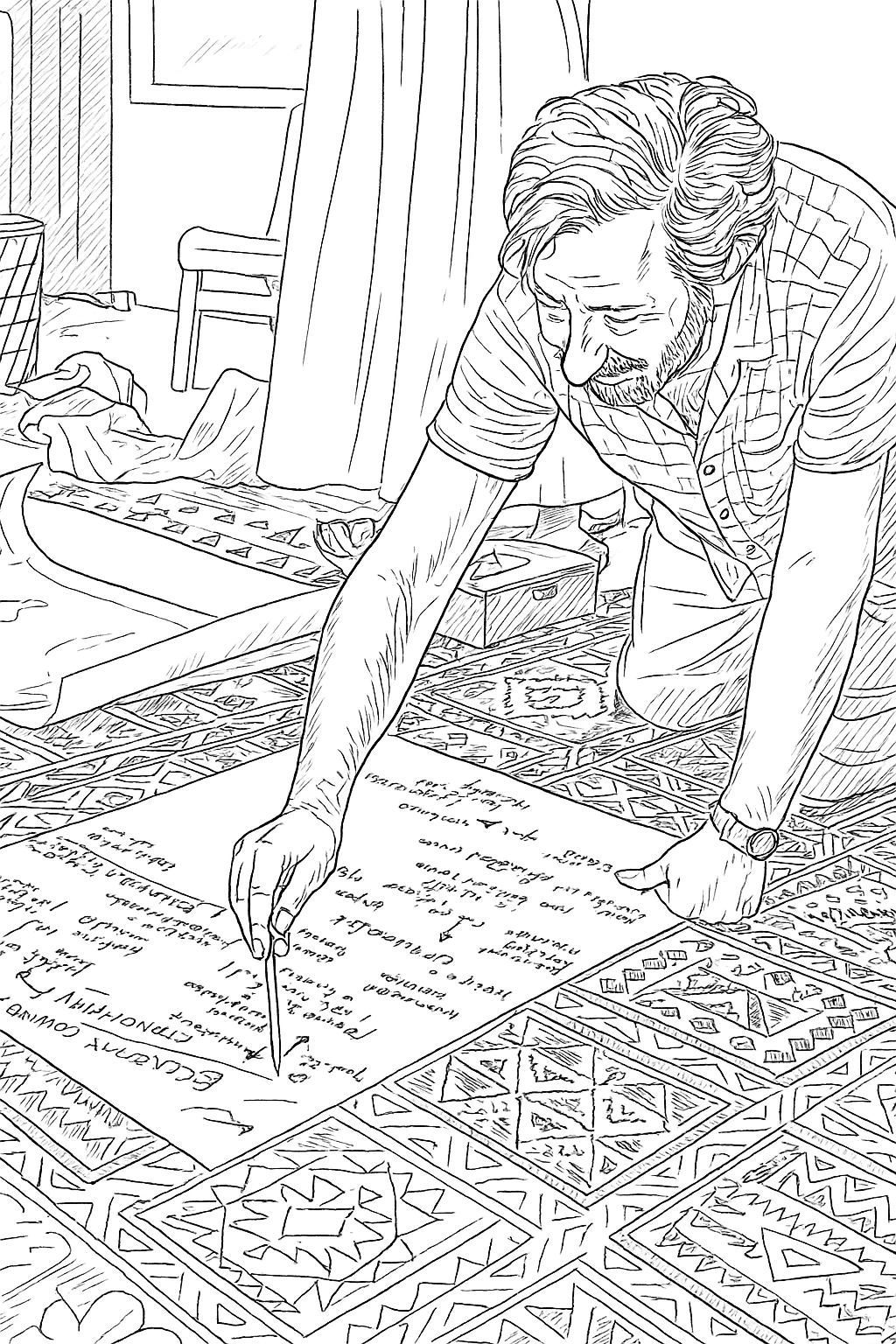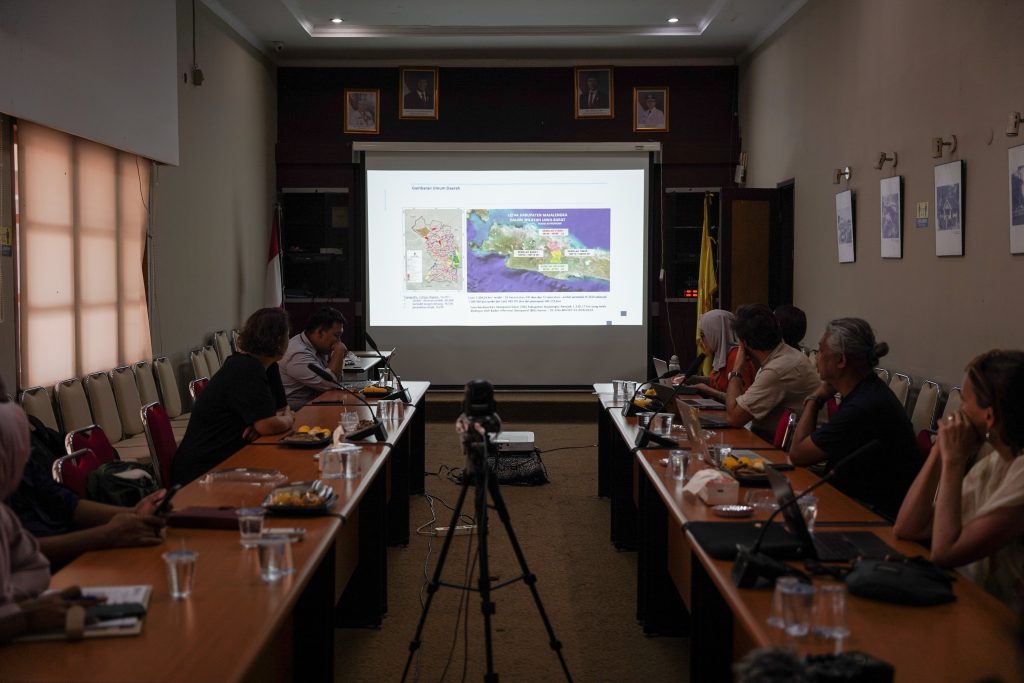
In a significant step toward integrating cultural wisdom with urban development, representatives from Lumbung Land School and Jatiwangi artFactory (JAF) recently met with Majalengka’s City Planning Department and local political leaders. The dialogue centered on addressing the region’s rapid industrialization while preserving its agricultural roots and cultural identity.
A Region in Transition
Spanning 26 districts and 330 villages in West Java, Majalengka faces a critical juncture. Over the past five years, agricultural decline has led to increased flooding, displacement due to a stalled airport project, and growing waste management challenges. The northern area, including Jatiwangi, is now designated for industrial expansion—raising concerns about sustainable land use.
Key struggles include:
- Poverty and education gaps
- Climate change disrupting harvests
- Industrialization outpacing infrastructure
Yet, within the 20-year masterplan, opportunities emerge.
Culture as an Economic Force
The meeting highlighted how cultural initiatives like “Kota Terakota” (Terracotta City)—spearheaded by JAF—are already influencing policy. Proof of concept? The new city hall built with terracotta, blending tradition with modern governance.
Two strategic visions gained traction:
- Formalizing a “Cultural Advancement Area” to protect indigenous knowledge and agroecology
- Obtaining 1:50,000 scale conservation status for Perhutana forests—now included in spatial planning documents
From Policy to Plate
Local priorities :
- National free lunch program → Potential to source from regenerative farms
- Education tied to industry → Artisan cooperatives as vocational training hubs
- “Waste-to-tourism” roads → Linking ecotourism to landfill rehabilitation
“The masterplan is set,” noted a JAF organizer, “but culture must drive implementation—not follow it.”
As Majalengka balances factories and farmland, this collaboration plants seeds for development that nourishes both land and community.



